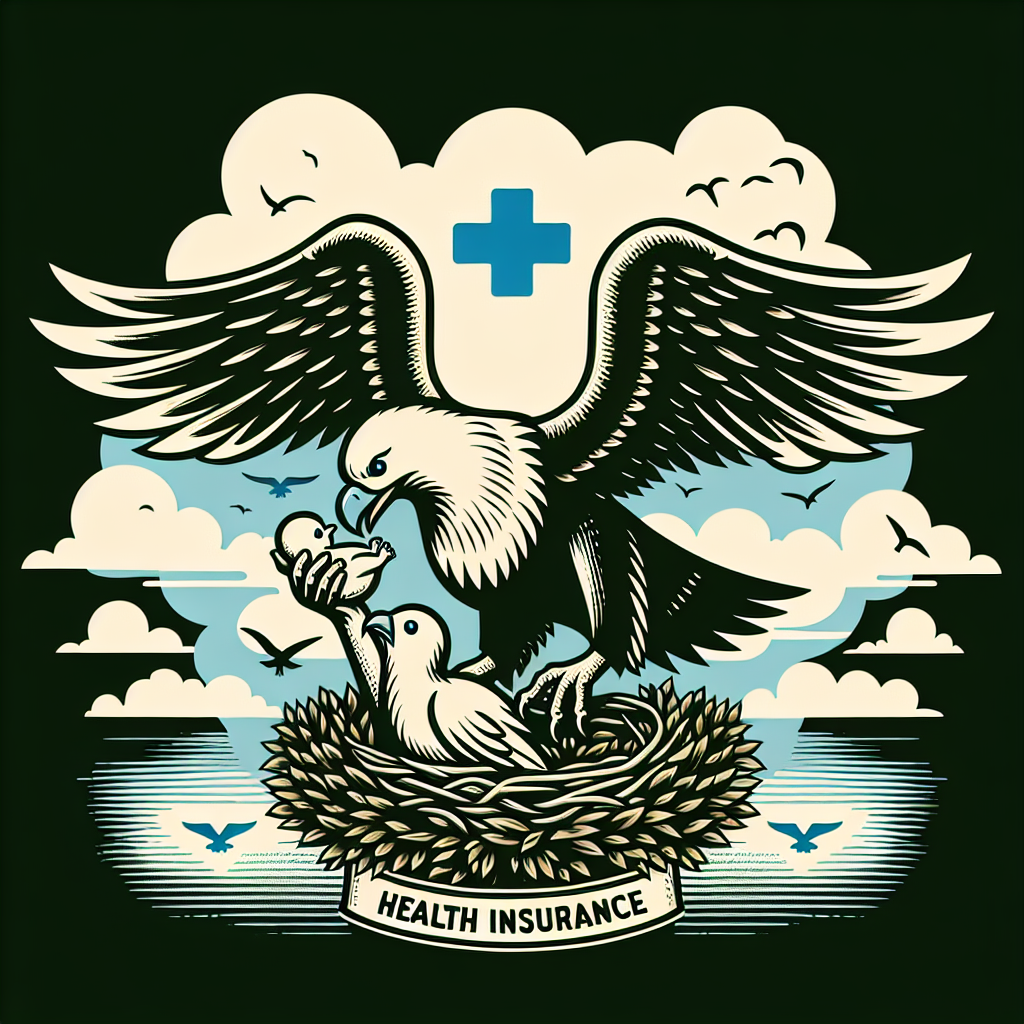Filed under Health Insurance on
Does Insurance Cover Night Nursing Services?

When it comes to ensuring the health and wellness of our family members, especially newborns, night nursing services can be a critical resource. These services offer peace of mind to new parents by providing expert care during those challenging nighttime hours. However, the question that often arises is: Does insurance cover night nursing services? This query is not only common but essential for families looking to manage their medical expenses efficiently.
Understanding Night Nursing Services
Night nursing services, also known as overnight care, involve professional nurses or caregivers providing care during nighttime hours. These services can be particularly beneficial for families with newborns, those caring for elderly parents, or individuals with special health needs requiring 24/7 care.
The primary role of night nursing services is to ensure the well-being and safety of the person needing care. Nurses often help with feeding, medication management, physical assistance, and even monitoring vital signs during the night, ensuring that any health issues are promptly addressed.
Insurance Coverage Basics
Before diving into whether insurance covers night nursing services, it is crucial to understand the basics of insurance coverage. Medical insurance generally focuses on covering healthcare expenses related to specific medical conditions, treatments, and emergencies.
Insurance policies vary significantly, with differences in coverage limits, deductibles, and included services. Hence, understanding the specifics of one's insurance policy is key to determining what is covered.
Types of Insurance Policies
- Private Health Insurance: Often provided through employers, these plans vary widely in coverage, with some offering broad benefits, including certain types of nursing services.
- Medicare: This government program primarily covers individuals over 65. While it encompasses some nursing services, there are limitations, especially related to home care.
- Medicaid: For low-income families, Medicaid might cover more home-care services compared to Medicare, but this also depends on state regulations.
- Long-term Care Insurance: Designed specifically to cover extended nursing care, this insurance generally includes night nursing services as part of the policy.
Each type of insurance comes with its nuances in terms of what is covered and under what circumstances, which is crucial when examining if night nursing services are part of the benefits.
Does Insurance Cover Night Nursing Services?
The inclusion of night nursing services in insurance plans is not a blanket coverage commonly found across all policies. For many insurance providers, coverage for night nursing might exist, but it is subject to specific terms and conditions.
Factors Influencing Coverage
- Medical Necessity: For insurance to cover night nursing services, there typically needs to be a deemed medical necessity. This could involve a doctor’s recommendation or diagnosis that outlines the need for nighttime care.
- Type of Care Required: Coverage is often dependent on the level and type of care needed. For instance, complex medical care may be more likely to be covered than basic supportive care.
- Policy Details: Ultimately, whether night nursing services are covered falls greatly on the specifics of the insurance policy and the inclusions outlined therein.
For those exploring this option, it is vital to consult with the insurance provider to get detailed insights into the scope of their coverage.
Trends in Insurance Coverage for Night Nursing
The landscape of insurance is constantly evolving with changes in health policy, economic factors, and societal needs. Increasingly, there has been a shift towards supportive home-care services, recognizing the value of care that can reduce hospital readmissions and support chronic disease management.
While some insurance companies are starting to include broader home-care provisions, including night nursing services, as part of their policies, this is not yet universally standard.
Expert Insights on Night Nursing Coverage
To gain a deeper understanding of insurance coverage for night nursing services, industry experts highlight a few critical considerations:
Alternative Funding Solutions
When specific insurance plans do not cover night nursing services, families might explore alternative solutions:
- Employer Assistance: Some employers offer additional health care benefits or wellness programs that might include home-care services.
- Health Savings Accounts (HSAs): An HSA can be a tax-advantaged way to pay for qualifying health expenses, including potentially night nursing services if deemed medically necessary.
- Supplemental Insurance: Purchasing additional coverage tailored to home nursing care can be a viable option, although it entails extra costs.
Professional Guidance
Consulting with a healthcare advisor or an insurance expert is highly recommended to navigate the complexities of insurance coverage. Their knowledge can provide clarity in understanding benefits and assist in finding the best approach to include night nursing within an insurance plan. This guidance is especially vital when dealing with negotiations or disputes over policy terms.
Conclusion
The question, "Does insurance cover night nursing services?" is multifaceted and largely contingent upon specific circumstances surrounding medical necessity, policy details, and type of coverage obtained. As the healthcare landscape continues to evolve, awareness of policy options and available benefits is crucial for making informed decisions.
For individuals and families considering night nursing services, it is essential to explore current insurance coverage thoroughly and consult with professionals to optimize healthcare spending and ensure comprehensive care is accessible when needed.





